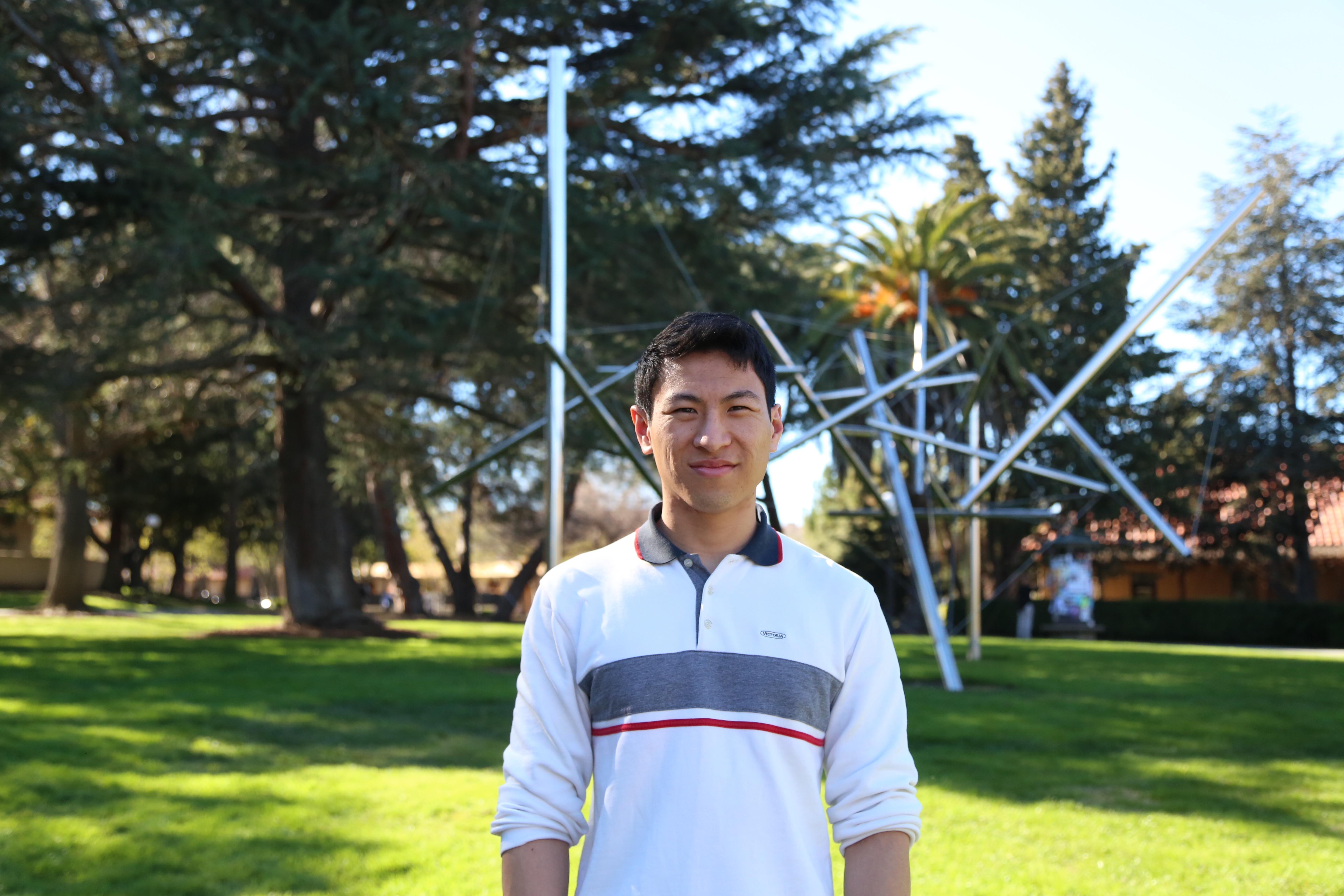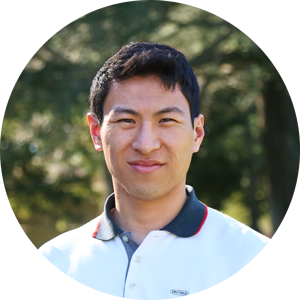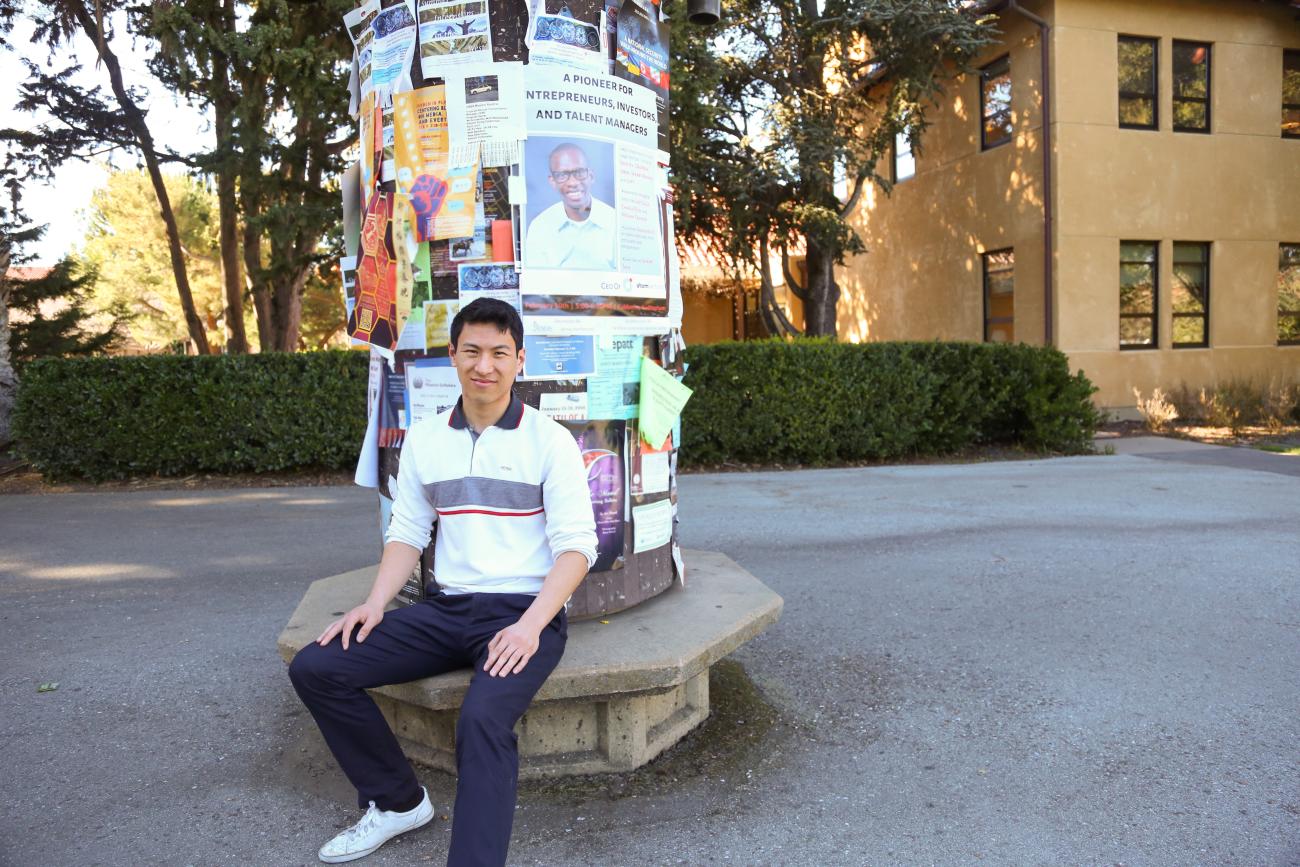
Quincy Cheung
You’re more than halfway through STEP-Secondary. How would you describe the experience?
Teaching two classes while simultaneously being a student in four is draining, but enjoyable and fulfilling. Planning lessons I can be proud of for every day and submitting work seems overwhelming, but my kids and my colleagues are strong motivation. STEP has given me many pieces to think about, as well immense human support during that process.
How has your teaching changed since STEP began in June?
I have a few areas of growth of which I’m most proud. First, I have learned a massive amount about producing meaningful science lessons (shoutout Bryan Brown [associate professor of education]). I am extremely focused on increasing the accessibility and relevance of the curriculum to more students. Also, STEP has expanded how I think about the people that come into my class. I love my kids even more now that I remember they each have identities majorly impacted by their background, home life and experiences that vary on a day-to-day basis.
How would you describe the other STEP students?
Immensely sweet. They have many ideas worth thinking about.
How did you decide that you wanted to be a teacher?
I never thought of myself as someone who liked kids. It turns out I love kids. Right now I teach juniors and seniors, and no one pretends like I’m an adult, but I found out I can have a lot of fun just being myself with my kids. Also, science is cool and profoundly important, so people should learn it.

What were you doing prior to applying to the GSE?
I was studying physics at UCSB, and I was living in Isla Vista. I helped teach high school physics/engineering, as well as kindergarten.
What advice do you have for students who are trying to decide whether to attend STEP?
Waking up early to teach first period every day and handling a tall mountain of tasks wears on me. The ideologies and hopes STEP has me think about are an extra layer. I came in confident working with students was going to fuel me, and that hasn’t wavered. I’d say you need to be confident about that, or else I’d turn around.
Any tips for incoming students to help them get the most from their time in STEP?
I heavily rely on my peers and the STEP staff (shoutout Polly Diffenbaugh, STEP clinical associate) for support, guidance and love. Sometimes I push boundaries with them, but that’s worked out pretty well for me.
This interview was conducted via email in February 2016.

